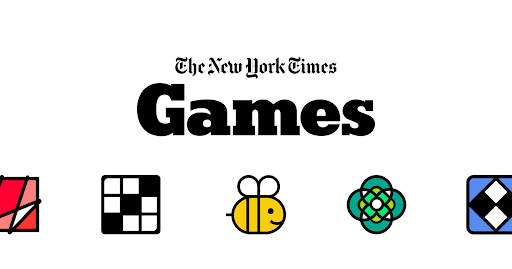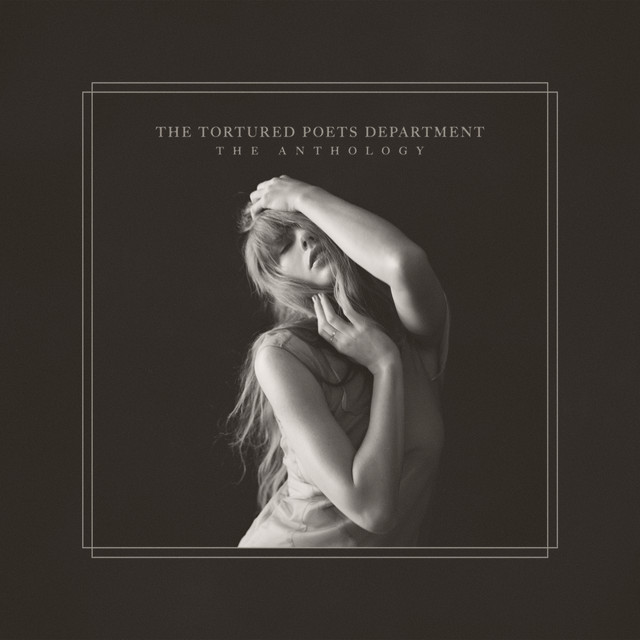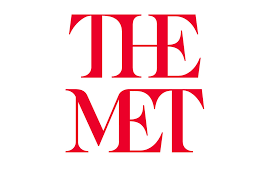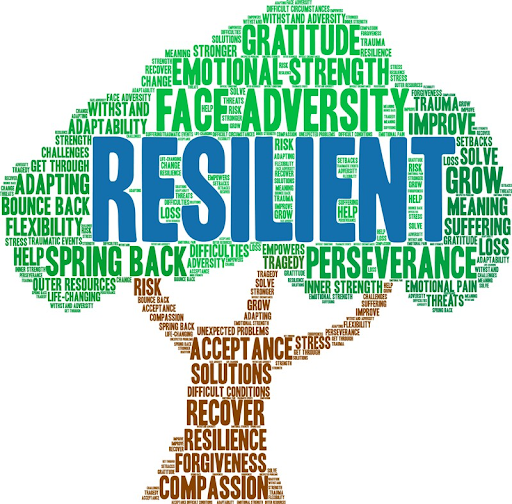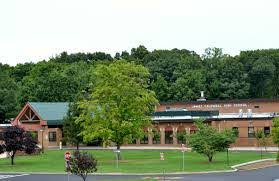Recently, many lobbying groups and educational organizations have pushed for the cutbacks of English, history, music, art and foreign language programs in public schools in favor of STEM courses (science, technology, engineering, and math). Critics of the humanities argue that they do not have a practical role in society and thus they should not be weighted as importantly as science/math courses. I could not disagree more with this sentiment. Through the exploration of humanities, we learn to think creatively and critically, to reason, and to question the world and society in which we live. These skills allow us to gain new insights into everything from poetry and paintings to business models and politics. The humanities have been at the center of cultural and intellectual enlightenment since their emergence in ancient societies.
Take foreign language, for example. Foreign language departments have been cut from numerous districts across the country. This robs students of the opportunity to expand their world view, critically reflect on the relation between language and culture, language and thought, and improve upon grammar and sentence structure, all which are vital to succeeding in college and other future endeavors. Those who argue that learning a foreign language is impractical are incorrect in their assertions. In the routine performance of their jobs, many people are called upon to use their foreign language skills. In large metropolitan areas such as New York, knowing a foreign language seems almost an essential aspect of urban living. Many jobs require knowledge of at least one foreign language. Fields that require knowledge of a foreign language include foreign dignitaries, public interest lawyers, public relations managers, and those in education.
Research into the human experience helps bring humanity’s past and present full circle. Studying history helps recognize how society formed around us and where our principles, lifestyles, and cultural identities formed. In addition, history allows to examine atrocities and follies of those who came before us, allowing us to prevent making the same mistakes or allowing us to correct the wrongs of those who came before. A world in which life is solely based around math and science, solely focused on efficiency and the question “How?”, and solely focused on such advancements deprives itself of true inquiry into our existence and meaningful analysis of the purpose of humanity, as represented through literature, historical scholars, artists, and the like.
A humanities education is necessary for the formation of true deep thinking and a broader understanding of the world around us. While math and science explain the technical and practical aspects of life which are vital to sustainability, the humanities helps to give humanity purpose and a framework for existential inquiry. Reading a book from another culture might help you think about the meaning of freedom. Listening to a history course might help you better understand the past, while at the same time offer a broader and clearer vision of the future. Many rewarding and societally important professions are almost entirely based on humanities: educators, translators, legislators, lawyers, judges, artists, writers, poets, philosophers, scholars, businesspeople. Without the humanities, there would be a gaping hole in the fabric that makes up the cosmos in which we live.











